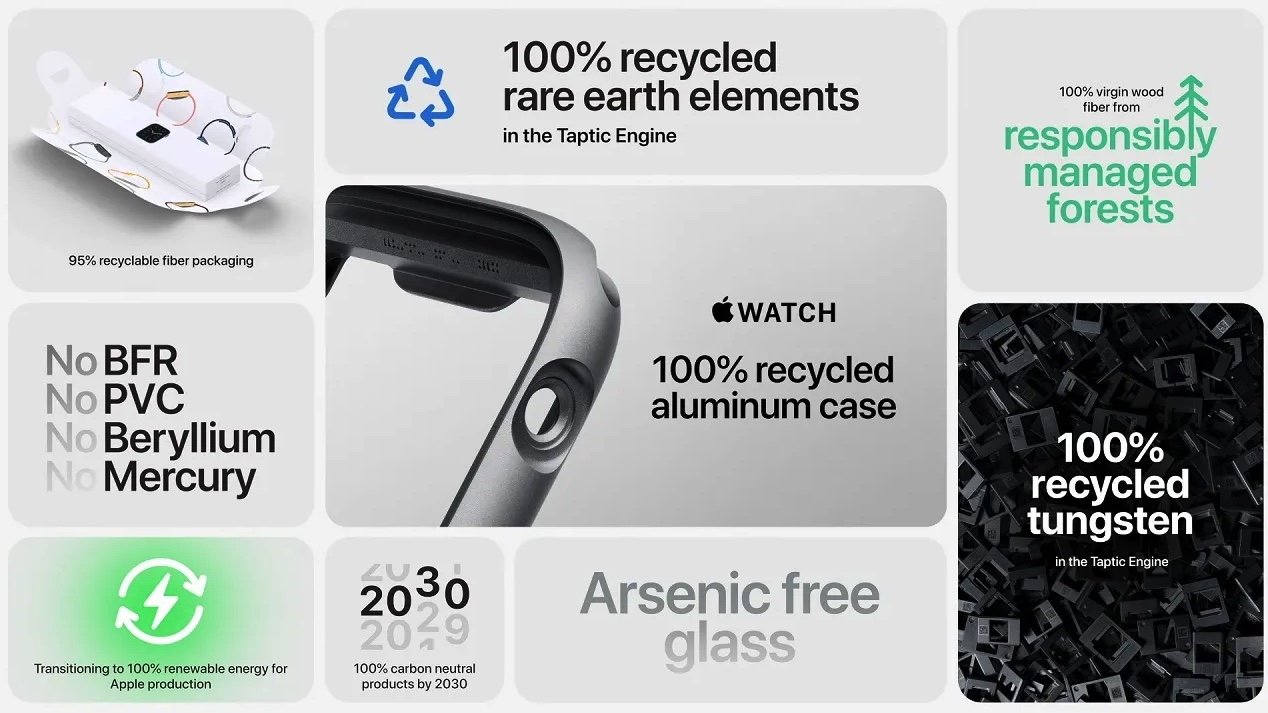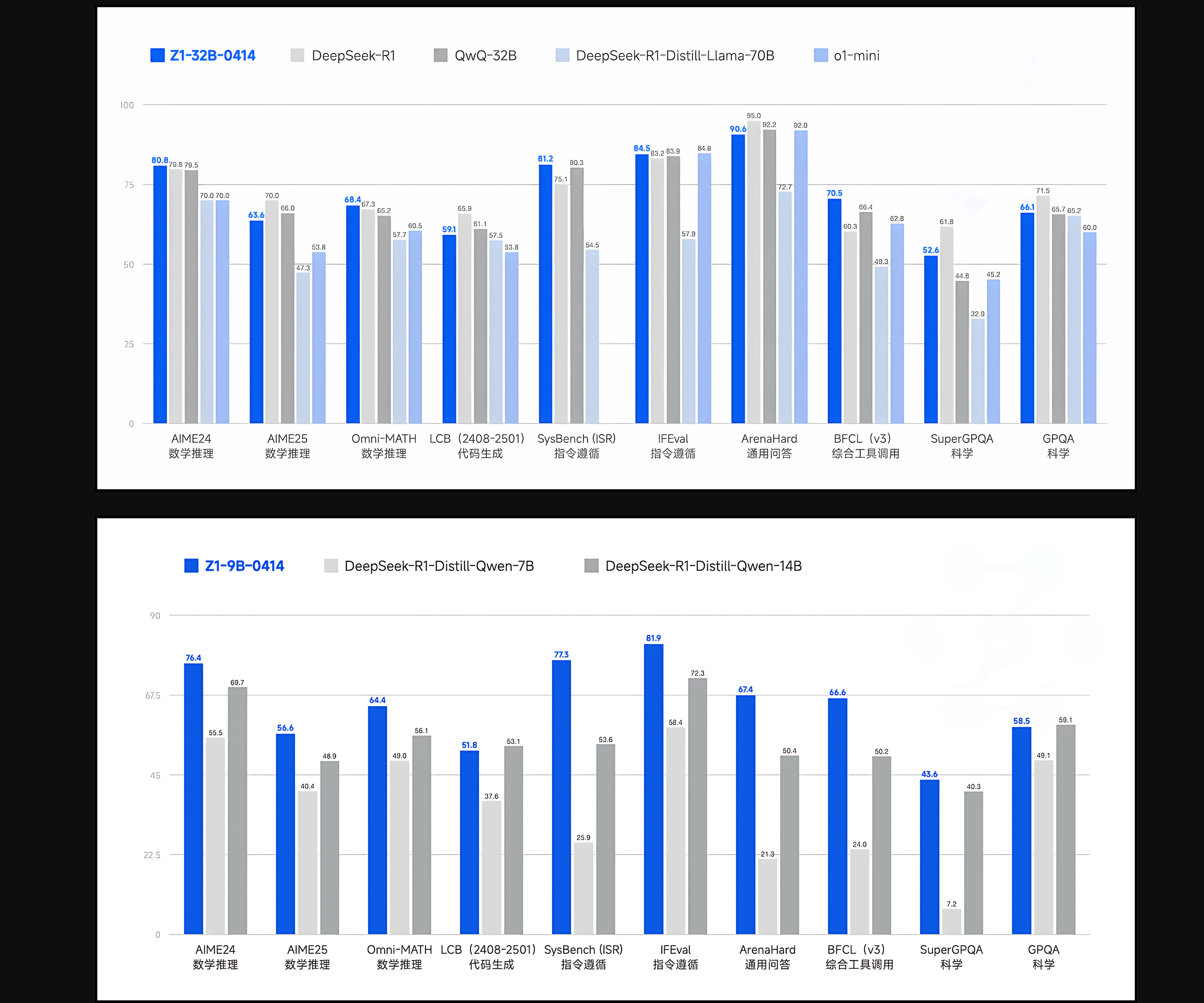European Commission Targets AI Sovereignty With New Action Plan
The European Commission has just released its AI Continent Action Plan, a sweeping strategy aimed at establishing Europe as a global leader in artificial intelligence. Building on recent regulatory, research, and infrastructure milestones, the plan outlines a five-pillar approach to boost AI capacity, foster innovation, and drive adoption across the continent. The announcement follows remarks by Commission President Ursula von der Leyen at the February AI Action Summit in Paris, where she introduced the vision for a European-led AI transformation. The plan seeks to turn Europe’s scientific and industrial strengths into a foundation for AI leadership while reinforcing democratic values and technological sovereignty. The Commission’s Executive Vice President for Technological Sovereignty, Security and Democracy, Henna Virkkunen, said in a statement that the Commission is working towards a future where tech innovation drives industry and public services forward, bringing concrete benefits to EU citizens and businesses through trustworthy AI. “Artificial intelligence is at the heart of making Europe more competitive, secure and technologically sovereign. The global race for AI is far from over,” said Virkkunen. “Time to act is now.” Scaling Up AI Infrastructure At the heart of the plan is a major investment in infrastructure. Thirteen AI Factories, or regional hubs connected to Europe’s high performance computing centers, are already being deployed. These Factories will support AI startups, public institutions, and researchers with compute resources and curated datasets. A more ambitious initiative is the development of AI Gigafactories, each housing around 100,000 advanced AI chips. “The EU’s public AI infrastructure needs to be scaled up so that innovators and researchers can train and finetune AI frontier models,” the plan notes, underlining how AI models have become increasingly complex as they have evolved from text processing to reasoning, multimodal capabilities, and agentic behavior. “The inspiration for these Gigafactories comes from the ambition that underlies CERN,” the plan states. “These Gigafactories will foster scientific collaboration around powerful and unique infrastructures, bringing together researchers, entrepreneurs and investors to tackle ambitious and forward-looking projects—‘moonshots’—in areas like healthcare, biotechnology, industry, robotics and scientific discovery.” The Commission also proposed a Cloud and AI Development Act to stimulate private investment in data centers and cloud infrastructure. The goal is to triple the EU’s data center capacity over the next five to seven years, prioritizing sustainability and security. The plan also aims to improve access to high-quality data through the creation of Data Labs within AI Factories. These labs will curate datasets from multiple sources and serve as a gateway to the EU’s Common European Data Spaces. A broader Data Union Strategy is scheduled for release later this year, which will provide a roadmap for coordinating data-sharing across sectors and borders. Commission Pushes for AI Adoption, Talent Development, and Regulatory Clarity Despite Europe’s technical progress, AI adoption remains low among businesses. Only 13.5 percent of companies in the EU have deployed AI technologies as of 2024, according to the plan. To address this, the Commission will launch the Apply AI Strategy, focusing on accelerating uptake in strategic sectors such as healthcare, energy, mobility, and public services. Digital Innovation Hubs, already active across the EU, will be refocused to serve as AI Experience Centers, helping companies test, refine, and adopt AI solutions. Recognizing the demand for skilled AI professionals, the Commission will launch the AI Skills Academy to support training and education in AI and generative AI. This includes AI fellowship schemes, apprenticeship programs, and returnship opportunities aimed at increasing diversity and retaining top talent in Europe. Additional measures include attracting international students and researchers through the Marie Skłodowska-Curie Action “MSCA Choose Europe” initiative and facilitating legal migration pathways for highly skilled non-EU workers. The Commission is also looking to streamline how the AI Act is applied, following its rollout in August 2024. A new AI Act Service Desk will provide centralized guidance to help businesses understand and comply with the legislation. Stakeholders are invited to submit feedback through newly opened consultations on the Cloud and AI Development Act, Apply AI Strategy, and the forthcoming Data Union Strategy. The Commission describes the Action Plan as a catalyst for cross-sector collaboration and innovation. With the Action Plan, Europe is positioning itself not only to compete with global AI powers but to lead with a distinct model that prioritizes democratic values, scientific excellence and public trust. If the strategy succeeds, it cou

The European Commission has just released its AI Continent Action Plan, a sweeping strategy aimed at establishing Europe as a global leader in artificial intelligence. Building on recent regulatory, research, and infrastructure milestones, the plan outlines a five-pillar approach to boost AI capacity, foster innovation, and drive adoption across the continent.
The announcement follows remarks by Commission President Ursula von der Leyen at the February AI Action Summit in Paris, where she introduced the vision for a European-led AI transformation. The plan seeks to turn Europe’s scientific and industrial strengths into a foundation for AI leadership while reinforcing democratic values and technological sovereignty.
The Commission’s Executive Vice President for Technological Sovereignty, Security and Democracy, Henna Virkkunen, said in a statement that the Commission is working towards a future where tech innovation drives industry and public services forward, bringing concrete benefits to EU citizens and businesses through trustworthy AI.
“Artificial intelligence is at the heart of making Europe more competitive, secure and technologically sovereign. The global race for AI is far from over,” said Virkkunen. “Time to act is now.”
Scaling Up AI Infrastructure
At the heart of the plan is a major investment in infrastructure. Thirteen AI Factories, or regional hubs connected to Europe’s high performance computing centers, are already being deployed. These Factories will support AI startups, public institutions, and researchers with compute resources and curated datasets.
A more ambitious initiative is the development of AI Gigafactories, each housing around 100,000 advanced AI chips. “The EU’s public AI infrastructure needs to be scaled up so that innovators and researchers can train and finetune AI frontier models,” the plan notes, underlining how AI models have become increasingly complex as they have evolved from text processing to reasoning, multimodal capabilities, and agentic behavior.
“The inspiration for these Gigafactories comes from the ambition that underlies CERN,” the plan states. “These Gigafactories will foster scientific collaboration around powerful and unique infrastructures, bringing together researchers, entrepreneurs and investors to tackle ambitious and forward-looking projects—‘moonshots’—in areas like healthcare, biotechnology, industry, robotics and scientific discovery.”
The Commission also proposed a Cloud and AI Development Act to stimulate private investment in data centers and cloud infrastructure. The goal is to triple the EU’s data center capacity over the next five to seven years, prioritizing sustainability and security. The plan also aims to improve access to high-quality data through the creation of Data Labs within AI Factories. These labs will curate datasets from multiple sources and serve as a gateway to the EU’s Common European Data Spaces. A broader Data Union Strategy is scheduled for release later this year, which will provide a roadmap for coordinating data-sharing across sectors and borders.
Commission Pushes for AI Adoption, Talent Development, and Regulatory Clarity
Despite Europe’s technical progress, AI adoption remains low among businesses. Only 13.5 percent of companies in the EU have deployed AI technologies as of 2024, according to the plan. To address this, the Commission will launch the Apply AI Strategy, focusing on accelerating uptake in strategic sectors such as healthcare, energy, mobility, and public services.
Digital Innovation Hubs, already active across the EU, will be refocused to serve as AI Experience Centers, helping companies test, refine, and adopt AI solutions.
Recognizing the demand for skilled AI professionals, the Commission will launch the AI Skills Academy to support training and education in AI and generative AI. This includes AI fellowship schemes, apprenticeship programs, and returnship opportunities aimed at increasing diversity and retaining top talent in Europe. Additional measures include attracting international students and researchers through the Marie Skłodowska-Curie Action “MSCA Choose Europe” initiative and facilitating legal migration pathways for highly skilled non-EU workers.
The Commission is also looking to streamline how the AI Act is applied, following its rollout in August 2024. A new AI Act Service Desk will provide centralized guidance to help businesses understand and comply with the legislation. Stakeholders are invited to submit feedback through newly opened consultations on the Cloud and AI Development Act, Apply AI Strategy, and the forthcoming Data Union Strategy.
The Commission describes the Action Plan as a catalyst for cross-sector collaboration and innovation. With the Action Plan, Europe is positioning itself not only to compete with global AI powers but to lead with a distinct model that prioritizes democratic values, scientific excellence and public trust. If the strategy succeeds, it could serve as a global reference point for how to develop and govern AI responsibly at scale.
Access the full AI Action Plan at this link.
































































![Apple Releases iOS 18.5 Beta 2 and iPadOS 18.5 Beta 2 [Download]](https://www.iclarified.com/images/news/97007/97007/97007-640.jpg)
![Apple Seeds watchOS 11.5 Beta 2 to Developers [Download]](https://www.iclarified.com/images/news/97008/97008/97008-640.jpg)
![Apple Seeds visionOS 2.5 Beta 2 to Developers [Download]](https://www.iclarified.com/images/news/97010/97010/97010-640.jpg)
![Apple Seeds tvOS 18.5 Beta 2 to Developers [Download]](https://www.iclarified.com/images/news/97011/97011/97011-640.jpg)












![Gemini will come to Wear OS as an app update [APK Insight]](https://i0.wp.com/9to5google.com/wp-content/uploads/sites/4/2023/01/Google-Assistant-Wear-OS-Play-Store.jpg?resize=1200%2C628&quality=82&strip=all&ssl=1)
![OnePlus 13T leak shows new design that’s perfectly balanced, as all things should be [Gallery]](https://i0.wp.com/9to5google.com/wp-content/uploads/sites/4/2025/04/oneplus-13t-1.jpg?resize=1200%2C628&quality=82&strip=all&ssl=1)
















































































































































































![[The AI Show Episode 143]: ChatGPT Revenue Surge, New AGI Timelines, Amazon’s AI Agent, Claude for Education, Model Context Protocol & LLMs Pass the Turing Test](https://www.marketingaiinstitute.com/hubfs/ep%20143%20cover.png)




































































































































































































































